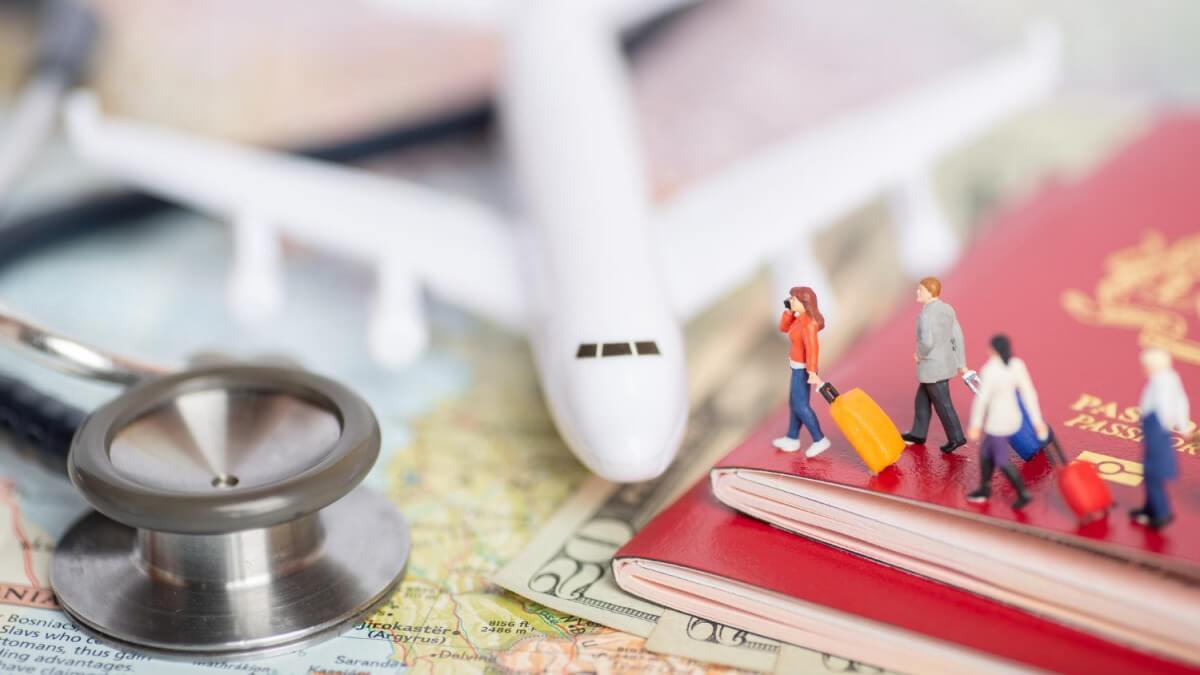
Health and Vaccination Recommendations for a Worry-free Trip to Vietnam
- on May 15, 2025 By: Phuong Mai NGUYEN
Vietnam, a gem of Southeast Asia, evokes images of rice terraces, vibrant cities, and palm-fringed white sandy beaches. However, beneath this exotic beauty, there are health challenges that every traveler should be aware of. Whether you're a backpacker or an adventure seeker, taking care of your health before your trip is essential for ensuring a worry-free experience in Vietnam. Here’s a comprehensive guide to health advice and recommended vaccinations for a trip to Vietnam.
Consult a health professional
Before planning your trip to Vietnam, it is advisable to consult your doctor or a health professional to assess your current state of health and discuss preventive measures to be taken. This consultation is particularly important if you have pre-existing health problems or if you're traveling with young children or the elderly. Your health professional will be able to tailor their recommendations to your medical history, specific needs, and travel itinerary.
Evaluating your health
Your doctor will examine your general state of health to ensure that you can travel safely. If you have pre-existing medical conditions such as hypertension, diabetes, or severe allergies, your doctor can provide specific advice on how to manage these conditions during your trip.
Identifying potential risks

Depending on your destination and travel itinerary, your doctor will be able to identify potential risks to your health, such as tropical diseases, common infections, or extreme climatic conditions. They can also advise you on how to minimize these risks and stay healthy during your stay.
Personalized recommendations
Your health professional will be able to tailor their recommendations to your medical history, specific needs, and travel itinerary. For example, if you plan to hike in the mountains or spend time in remote areas, they may recommend extra precautions to avoid injury or illness.
In case you travel with children or the elderly
If you're traveling with young children, the elderly, or family members with special medical needs, it is important to consult your doctor. This may include specific recommendations for vaccinations, medications to be taken, and safety measures to be taken.
Essential vaccinations
Several vaccinations are recommended before traveling to Vietnam to protect against diseases common in the region. Here are the main vaccinations recommended:
Hepatitis A and B: This virus is spread by ingesting contaminated food or water. Hepatitis A and B vaccines offer essential protection against these diseases, especially if you plan to eat local food or drink tap water.
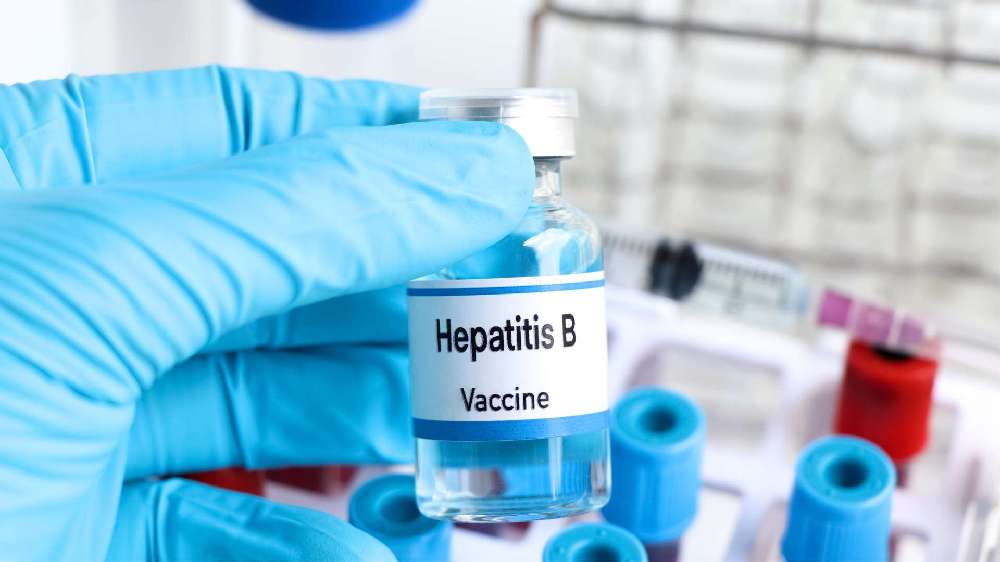
Typhoid fever: Transmitted by contaminated food or water, typhoid fever can be prevented by vaccination. This is an important step to take, especially if you're traveling in rural areas where sanitary conditions can be precarious.
Rabies: If you plan to interact with animals or spend time outdoors, rabies vaccination may be recommended to protect you against this deadly disease. Although cases of rabies in humans are rare, it's important to take precautions, especially if you're traveling with children.
Be sure to consult your health professional at least 4 to 6 weeks before departure to ensure you get all the vaccinations you need, as some require several doses or time to become effective.
Additional precautions to avoid illness
In addition to vaccinations, it is important to take extra precautions to reduce the risk of illness during your trip to Vietnam.
Food hygiene: Avoid eating raw or undercooked street food, unfresh seafood, and unpasteurized dairy products. Choose hot, well-cooked foods, and fruits you can peel yourself to avoid contamination.
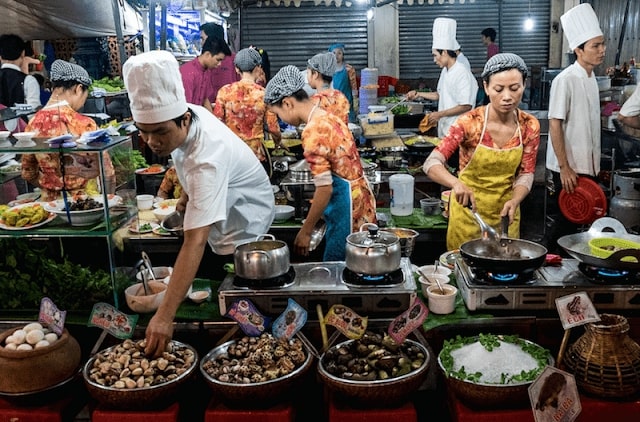
Drinking water: Drink sealed bottled water and avoid ice cubes in drinks at small eateries. Make sure bottles are opened in front of you to avoid counterfeiting. If bottled water is not available, you can also use water purification tablets or filters.
Protection against insects: Vietnam is notorious for mosquitoes, which are the reason for diseases such as malaria and dengue fever. Use insect repellent containing DEET (diethyltoluamide), wear long clothing, and use mosquito nets to avoid insect bites, especially during the evening and night hours.
Sun protection: Protect yourself from UV rays by wearing sunscreen with a high SPF, long clothing, a hat, and sunglasses. Even on cloudy days, UV rays can be harmful to your skin, so make sure you protect yourself properly.
Related articles:
>> How to Prevent Getting Sick when Traveling to Vietnam
>> How to Organize Your First Trip to Vietnam: An Ultimate Guide
 Español
Español Français
Français








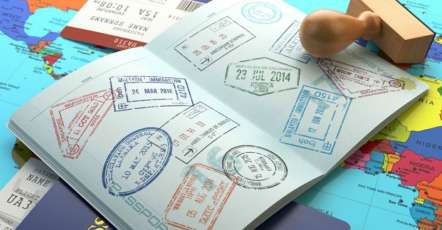

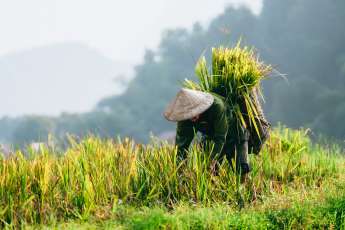

.jpg)





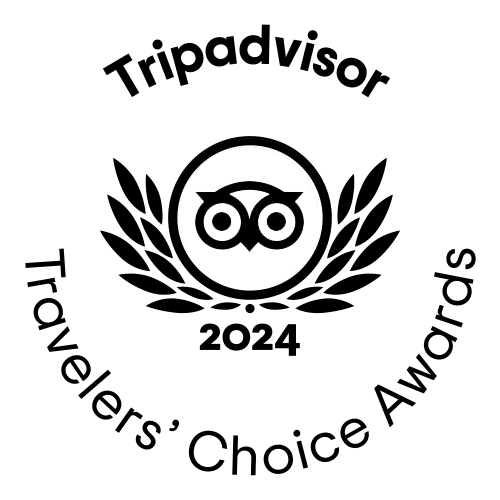

Morgane Ter Cock
on Dec 18, 2025HerbertPhomaMS
on Oct 19, 2025Lilyan Cuttler
on Oct 15, 2025Avenue17XC
on Sep 14, 2025Avenue18JL
on Jul 21, 2025